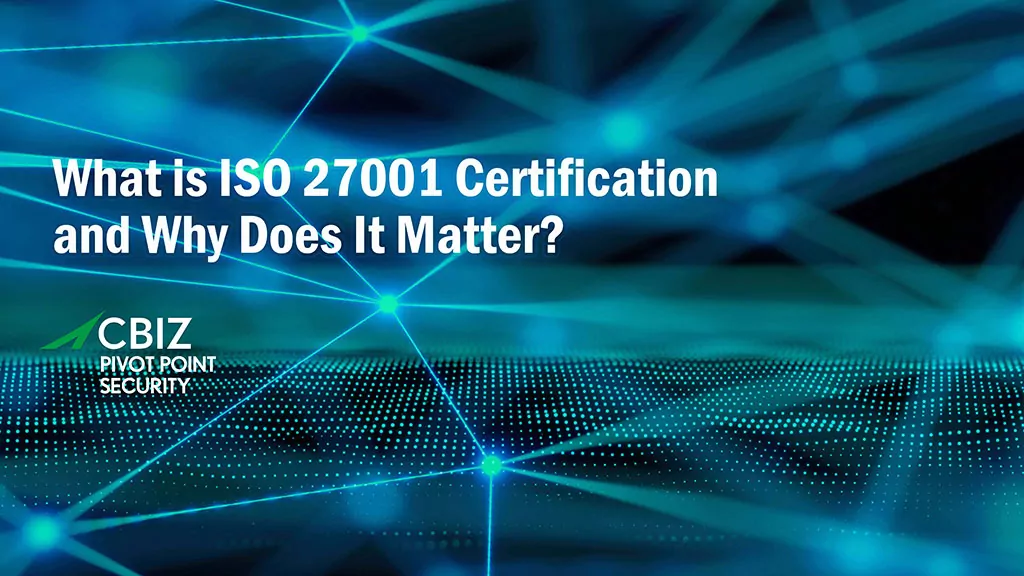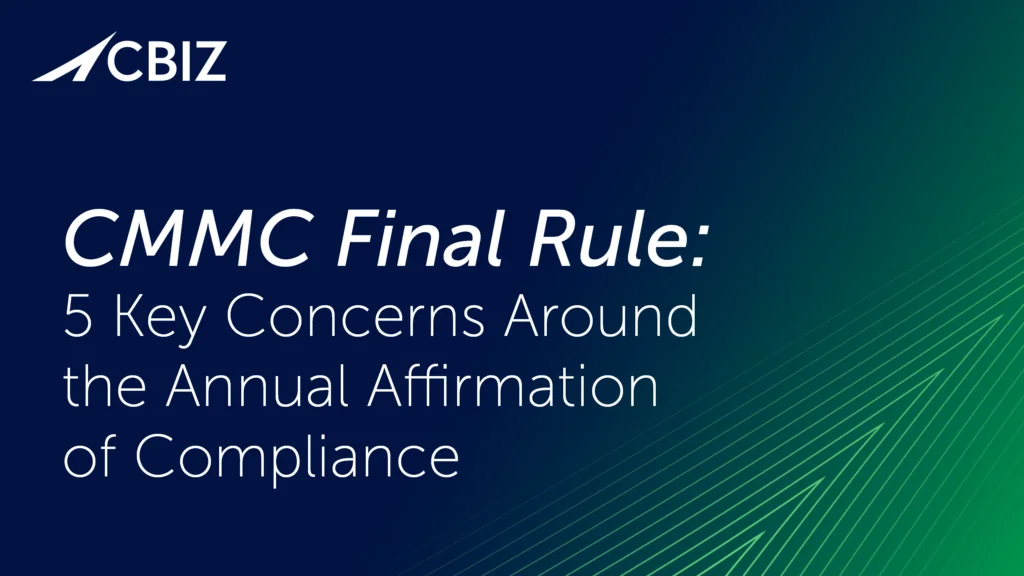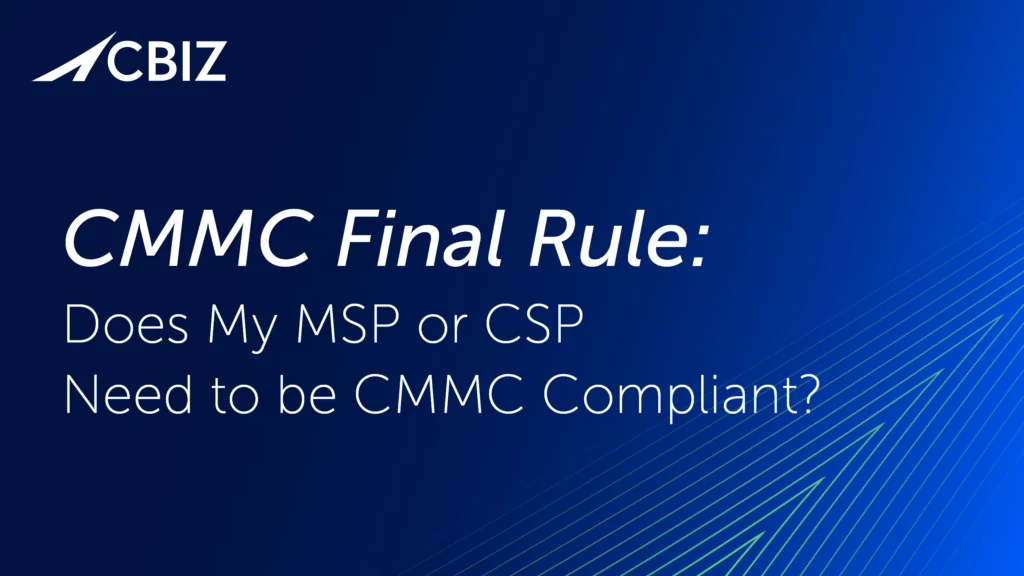Last Updated on August 29, 2023
Published by the International Organization for Standardization (ISO) and the International Electrotechnical Commission (IEC), ISO 27001 is the world’s most trusted information security framework. Applicable to any size organization in any industry, ISO 27001 certification is the global “gold standard” to prove an organization can protect sensitive data.
First published in 2005, the standard was recently updated in October 2022. ISO 27001 specifies a set of best practices for an information security management system (ISMS), which integrates cybersecurity into business processes.
An organization can use these policies, procedures, and technical controls to assess and manage information-related risks such as cyberattacks, data leaks, and intellectual property theft. Another key reason to align an information security program with ISO 27001 is that you can be certified compliant by an independent third party.
The goal of ISO 27001 certification is to ensure that companies systematically, cost-effectively, and measurably identify and manage information security risk, and meet applicable regulatory requirements. To achieve and maintain ISO 27001 certification, a company must implement, sustain, and continuously improve a best-practice information security management system (ISMS) to manage risk to the data it owns and/or handles.
Why does ISO 27001 certification matter?
With cyber-crime constantly on the rise and new threats continuously emerging, many businesses are struggling to successfully address information security risk. ISO 27001 is the only standard that both addresses the comprehensive management of information security (not just controls) and is auditable by an independent third party.
As such, an ISO 27001 certification confers an unsurpassed level of confidence to stakeholders. It makes a strong statement to customers, prospects, business partners, shareholders, management, the media, and the public that an organization has made significant investments to protect sensitive data, ensure data privacy, and prevent costly data breaches.
There are many industry-specific compliance frameworks that include information security requirements, such as HIPAA, the Gramm-Leach-Bliley Act (GLBA), and Sarbanes-Oxley (SOX) in the US. But these usually focus on protecting one type of data, such as health records, customer information, or financial information.
In comparison, ISO 27001 covers every kind of data that any organization may have, both electronic and hardcopy. The standard’s full name— ISO/IEC 27001:2022 – Information Security, Cybersecurity and Privacy Protection – Information security management systems – Requirements—reflects its holistic nature.
What is an ISO 27001 information security management system (ISMS)?
An ISO 27001 information security management system (ISMS) describes the unique set of processes, procedures, policies, and controls that an organization needs to ensure the confidentially, integrity, and availability of data that it stores, transmits, and/or utilizes. Therefore, a business whose ISMS has been awarded an ISO 27001 certification can not only manage cyber and compliance risk, but can also realize a higher degree of resilience and operational excellence.
A company’s ability to design, implement, and operate a best-practice ISMS is a primary focus of an ISO 27001 certification audit. In this context, technical controls are seen as supporting the ISMS, not the other way around. Critical features of a successful ISMS include demonstrable commitment from top management, a well-defined ISMS scope, measurable security objectives that align with policy, and a direct relationship to risk assessment and a Risk Treatment Plan.
Part 1 of the ISO 27001:2022 standard includes 11 clauses that cover requirements and critical documentation to support the ISMS. Part 2 of the standard, also called Annex A, is effectively a checklist of 93 recommended controls that organizations should consider implementing, if applicable, to achieve ISO 27001 compliance. These include not just technical controls but also physical, organizational and user controls.
Is ISO 27001 certification right for my business?
ISO 27001 certification would benefit almost any organization’s information security posture, risk management effectiveness, and competitive differentiation. For some companies, adopting ISO 27001 is almost imperative because so many customers and prospects ask for it.
This is most often the case in security-sensitive and/or regulated verticals like financial services, healthcare, telecom, and IT. Many government agencies in the US and around the world also hold an ISO 27001 certification. Businesses with a multinational footprint that need to prove they are secure are also more likely to choose ISO 27001 because of its global acceptance.
What’s next?
Today, many companies need help navigating the growing complexities and challenges of information security and compliance. Even if an organization has robust cybersecurity, how can they prove it?
BIZ Pivot Point Security is a leading consulting firm for ISO 27001 certification, with a 100% success rate bringing over 100 organizations of all sizes to certification.
If your organization is considering ISO 27001 certification, contact us to speak with an expert about your goals, requirements, and current cybersecurity status.

























